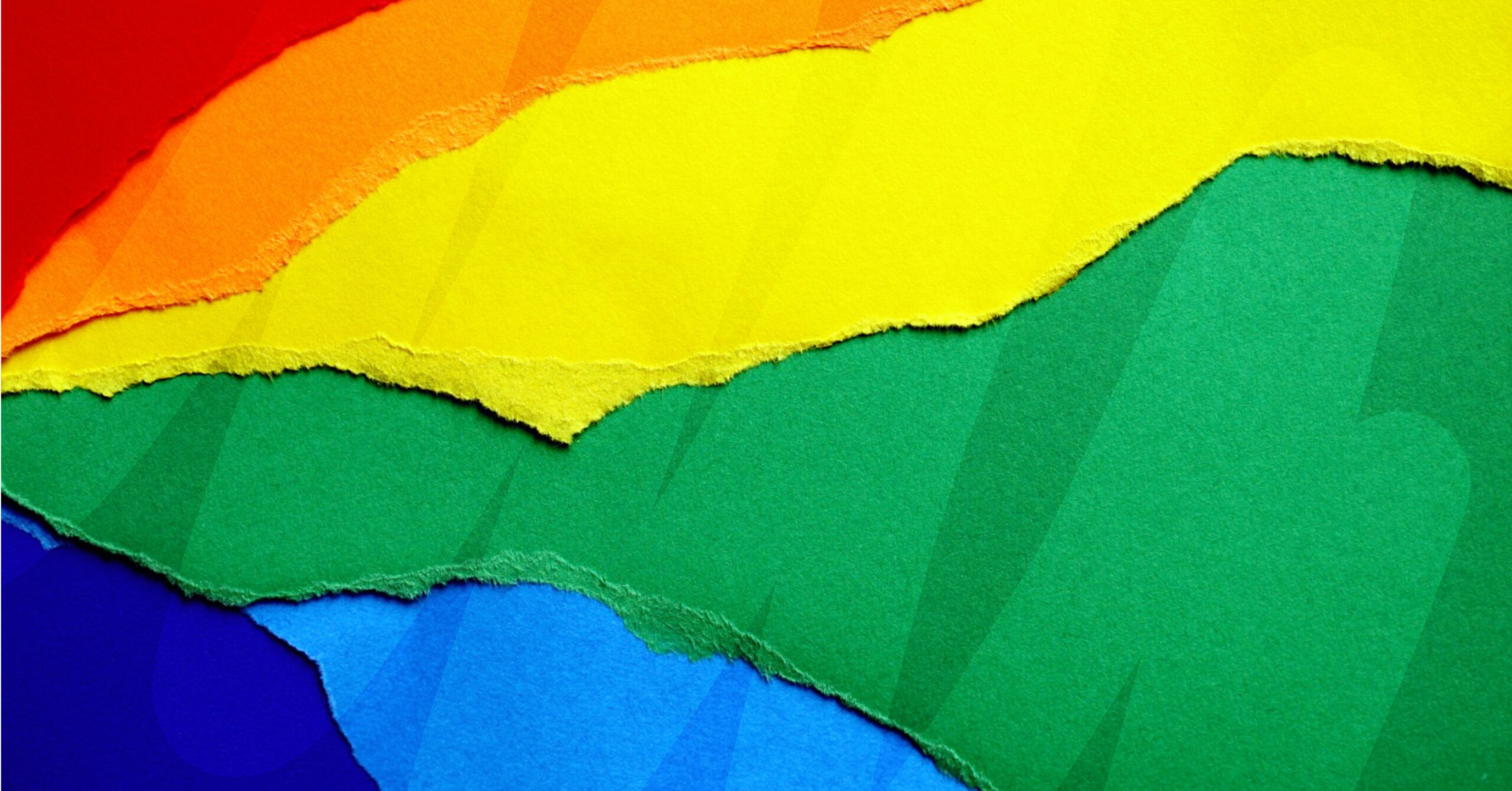At Human Made, we’re committed to fostering a welcoming and inclusive environment for everyone, and this includes our wonderful LGBTQIA+ colleagues, clients, partners, and friends. On this International Day Against Homophobia, Transphobia, and Biphobia, HM’s Kirsty Burgoine is shining the spotlight on the often-overlooked issue of microaggressions. These seemingly small, everyday comments or actions can significantly impact the well-being of our LGBTQIA+ friends and colleagues.
What are microaggressions?
Microaggressions are subtle expressions of bias or discrimination, and it’s important to note that they can often be unintentional – we’re all subject to unconscious bias, and this can show itself in the form of microaggressions.
In short, microaggressions can be verbal, behavioural, or environmental slights that communicate hostile or derogatory messages to individuals based on their marginalised group membership. While they might seem minor to some – assuming a cis female is in a traditional relationship with a cis male would be one example – their cumulative effect can be deeply harmful.
Common microaggressions against the LGBTQIA+ community
Understanding and recognising these microaggressions is the first step in combating them. Here are a few examples:
- Assumptive language: Phrases like “Do you have a girlfriend/boyfriend?” assume heterosexuality. A better approach is to use gender-neutral terms like “partner.”
- Invasive questions: Asking transgender colleagues about their surgical status or old names is inappropriate and invasive. Respect their privacy and use the names and pronouns they share with you.
- Backhanded compliments: Comments such as “You’re so pretty for a lesbian” or “You don’t look transgender” are harmful. These remarks invalidate identities and perpetuate stereotypes.
- Exclusionary practices: Overlooking LGBTQIA+ issues during discussions or assuming all colleagues share the same experiences can make LGBTQIA+ individuals feel unseen and unheard.
How everyone can help
Creating an inclusive workplace requires active participation from everyone. Here are some ways every one of us can make a difference:
- Educate yourself: Take the time to learn about LGBTQIA+ issues, terminologies, and experiences. Resources like books, articles, and training sessions can provide valuable insights, like these ones in our open company handbook. Remember, it’s not up to LGBTQIA+ folks to help you do better – we should all be taking responsibility for our own growth.
- Speak up: If you witness microaggressions, address them calmly and respectfully. Silence can be interpreted as acceptance. A simple, “That’s not appropriate,” can make a significant impact.
- Use inclusive language: Make a habit of using gender-neutral terms and respecting pronouns. If you make a mistake, apologise, correct yourself, and move on.
- Promote policies and practices: Advocate for inclusive policies within your organisation. This can include diversity training, inclusive language in communications, and support for LGBTQIA+ employee resource groups.
- Foster open dialogue: Encourage an open and supportive environment where colleagues feel safe discussing their experiences. Regular check-ins and anonymous feedback channels can help identify and address issues early.
Inclusive practices in remote work environments
In a remote work setting like we’ve got here at Human Made, fostering inclusivity can be challenging, but it’s definitely not impossible. Here are some specific tips for remote teams, along with some of the initiatives we’ve got in place:
- Virtual safe spaces: Create virtual spaces where LGBTQIA+ employees can connect and support each other. This could be through dedicated Slack channels or regular virtual meet-ups. We’ve got dedicated Slack channels both private and public for discussing issues related to LGBTQIA+ topics.
- Inclusive communication tools: Use communication tools that allow individuals to display their pronouns, and advocate for adoption. Encouraging all team members to include their pronouns in email signatures and online profiles helps normalise and de-stigmatise.
- Remote diversity training: Offer regular online diversity and inclusion training sessions and ensure these are accessible to all employees, regardless of their location.
- Check-in regularly: Make a point to check in with your team members, colleagues, and friends regularly. Personal one-on-one virtual meetings can provide a safe space for people to share their experiences and concerns. It helps to know someone’s listening.
- Be explicit: Following great internal discussion here at HM, we took steps last year to become louder and prouder (read about our journey to better inclusivity here), including updating our Careers page to explicitly state our commitment to welcoming individuals from all walks of life, with a specific section on our stance about LGBTQIA+ inclusion. We realised that it’s not enough to assume everyone knows we’re inclusive – we all need to shout about it.
- Importantly, remember to celebrate diversity: Acknowledge and celebrate significant LGBTQIA+ dates (like IDAHOBIT!) and events in your company’s calendar – and make sure it’s not only visible during Pride Month. As well as being a great way to show the world that everyone’s welcome in your organisation, it helps raise awareness and shows support for your LGBTQIA+ colleagues.
On this International Day Against Homophobia, Transphobia, and Biphobia, let’s commit to being better allies by recognising and addressing microaggressions. By educating ourselves, speaking up, and fostering an inclusive environment, we can help create a workplace where everyone feels respected and valued, whether we’re working in the office or remotely. Ultimately, it’s about treating everyone the way you’d want to be treated, and that’s not much to ask.
We’re firm believers in the power of inclusivity and are dedicated to making our workplace a welcoming space for all. Let’s take this opportunity to reflect, learn, and grow as a community!
